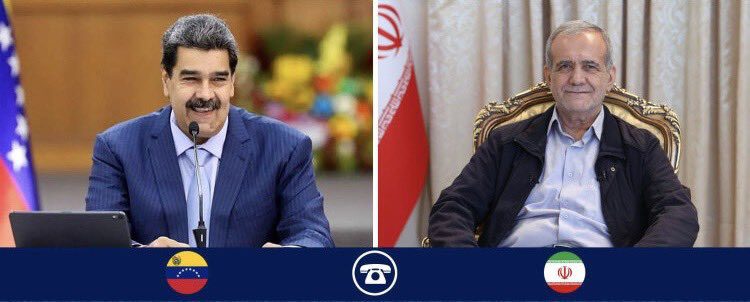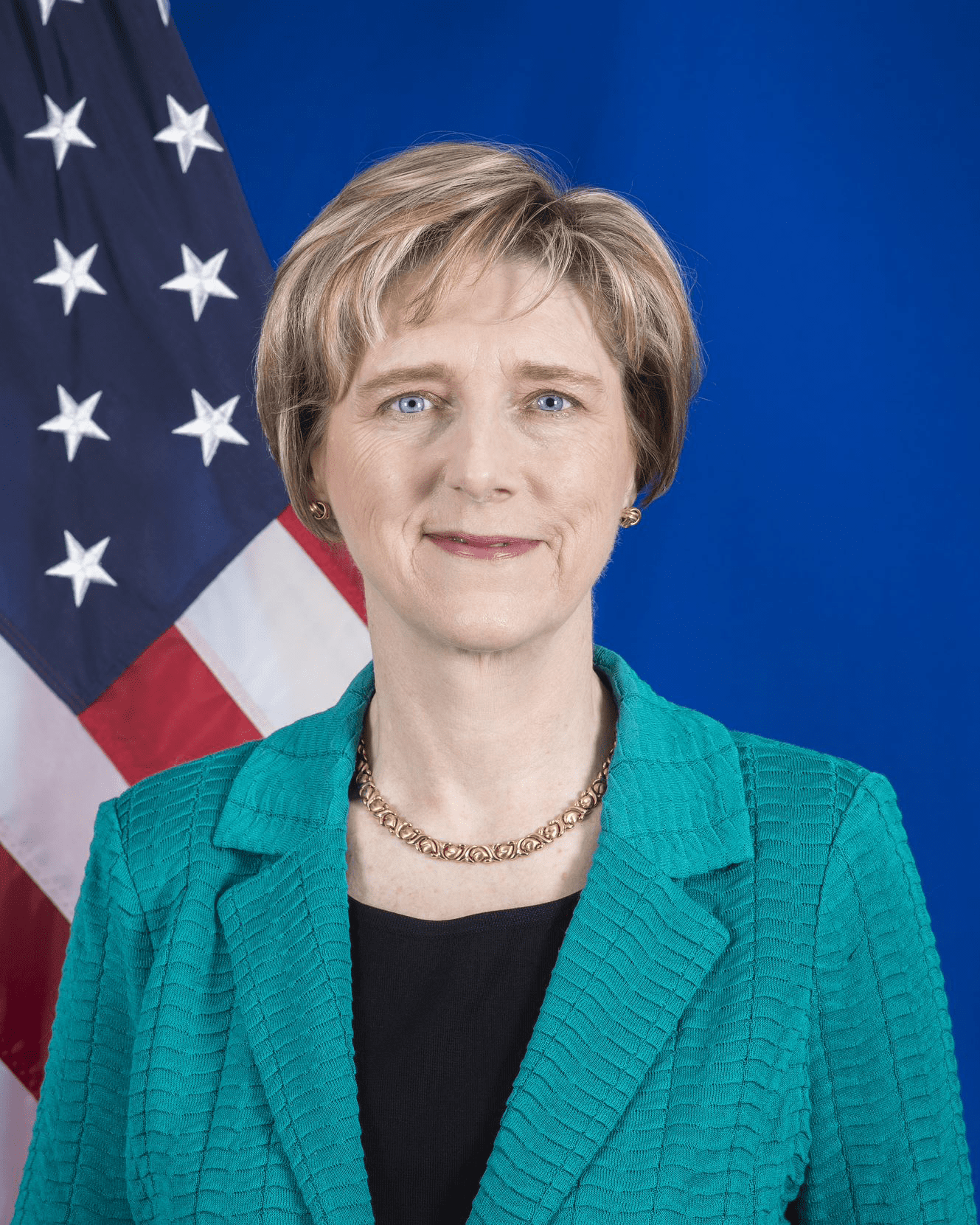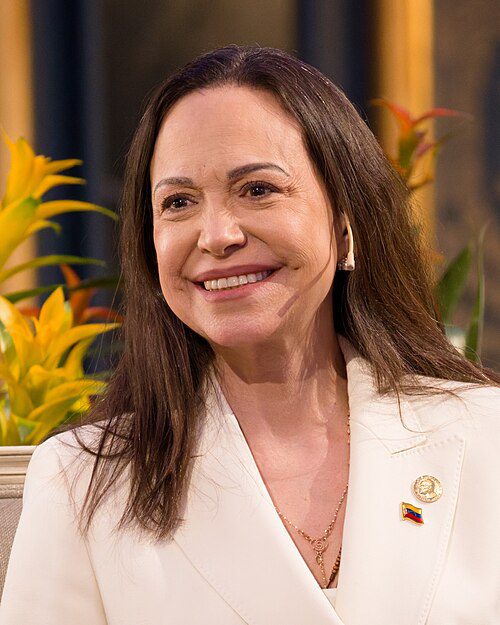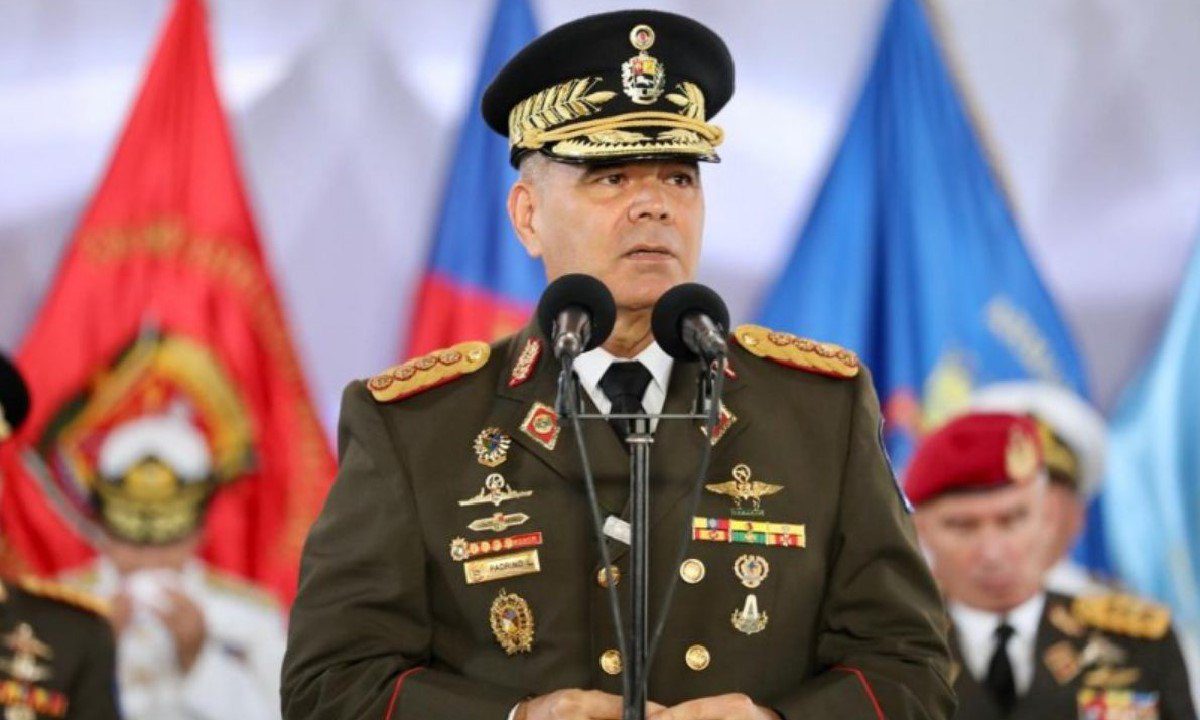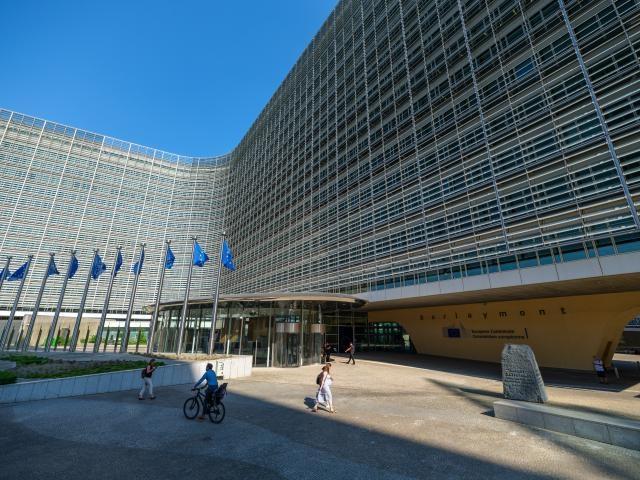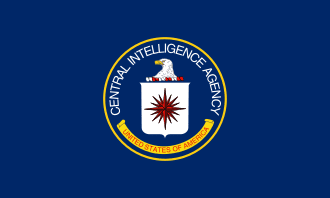Nicolás Maduro held a phone conversation with Iranian President Masoud Pezeshkian. Photo: Venezuelan Foreign Ministry Telegram Channel
Guacamaya, September 10, 2025. Caracas and Tehran have once again closed ranks amid growing tensions with Washington. Venezuelan Foreign Minister Yván Gil and his Iranian counterpart, Abbas Araghchi, held a conversation in which they both denounced what they described as “intimidatory actions” by the United States following the deployment of military vessels in waters near Venezuela.
During the dialogue, Gil thanked Iran for its support in defending the principles of the UN Charter and reiterated that the government of Nicolás Maduro will not renounce its independence or national self-determination. Furthermore, he urged BRICS countries and Latin American allies to firmly condemn Washington’s strategy.
For his part, Araghchi warned that threats to use force constitute a violation of international law and alerted about the risk of a deterioration of global peace and security.
Iran’s Proposal at BRICS
Iranian President Masoud Pezeshkian spoke at the extraordinary virtual BRICS summit, where he criticized U.S. foreign policy in Venezuela, the Middle East, and other conflict zones. In his speech, he proposed the creation of a common mechanism to protect member countries from unilateral sanctions and allow them to continue developing their economies without external pressures.
Among the five proposals he presented to strengthen the bloc, the following stood out:
1. A comprehensive reform of international financial institutions.
2. The promotion of inclusive multilateralism.
3.The creation of a common support mechanism against unilateral sanctions.
4.A review of the UN Security Council.
5.Equitable access to global public goods, such as vaccines and medical technologies.
“BRICS, as a representative of emerging and developing economies, is the standard-bearer of hope for building a more just, equal, and prosperous world order,” concluded Pezeshkian.
Tug-of-War in the UN Security Council Over Proposals to Reactivate Sanctions on Iran
Iran’s call within BRICS coincides with a new diplomatic battle in the Security Council. On August 28, the United Kingdom, France, and Germany activated a 30-day process to reimpose UN sanctions against Iran, arguing that Tehran is violating the 2015 nuclear deal.
In this context, South Korea—which holds the presidency of the Council in September—fulfilled its obligation on Monday by presenting a draft resolution to reinstate the sanctions. The fifteen members must vote before the deadline expires at the end of the month. For the resolution to be adopted, at least nine votes in favor are required, and no permanent member—the U.S., Russia, China, the United Kingdom, or France—must exercise its veto. However, diplomats consider it unlikely to succeed.
The European powers are pressuring Iran to accept three conditions that would delay the reimposition of sanctions and open space for new negotiations. Meanwhile, Russia and China finalized their own draft at the end of August, which seeks to extend the nuclear deal for six months and urge all parties to resume talks. However, they have not yet put it to a vote, and if they do, it could be vetoed by Western powers.
Maduro and Pezeshkian Seek to Close Ranks
In this context, Pezeshkian spoke directly with President Nicolás Maduro on Monday night in a phone call where both leaders reaffirmed their alliance against the “unilateralism and fabricated narratives” of the United States. The Iranian leader reiterated his government’s support for Venezuelan sovereignty and emphasized the importance of national unity in both Tehran and Caracas in the face of external pressures.
Venezuela as a Platform for Iranian Projection
Iran’s diplomatic offensive amid tensions with the West is not limited to the Middle East. Its rapprochement with Venezuela holds strategic relevance, as Caracas serves as a foothold in Latin America from which Tehran has sought to counter U.S. influence and expand its room for maneuver at a time when it faces pressure at the UN and a new attempt to reactivate sanctions.
In this scenario, the political alignment between Maduro and Pezeshkian is not only due to ideological affinities but also to a shared need: both governments seek to resist Washington’s economic and military siege while reinforcing an axis of sanctioned countries that cooperate through South-South alliances.
Venezuela’s military reinforcement in the Caribbean, Iran’s proposal within BRICS, and the diplomatic maneuvers in the Security Council are all part of the same strategy: to demonstrate that neither Caracas nor Tehran are isolated but instead have backing and alternative forums to challenge the international architecture dominated by Western powers, with the aim of undermining the efforts and pressures of the United States and its allies—as Russia and North Korea, to cite an example, have already done successfully

